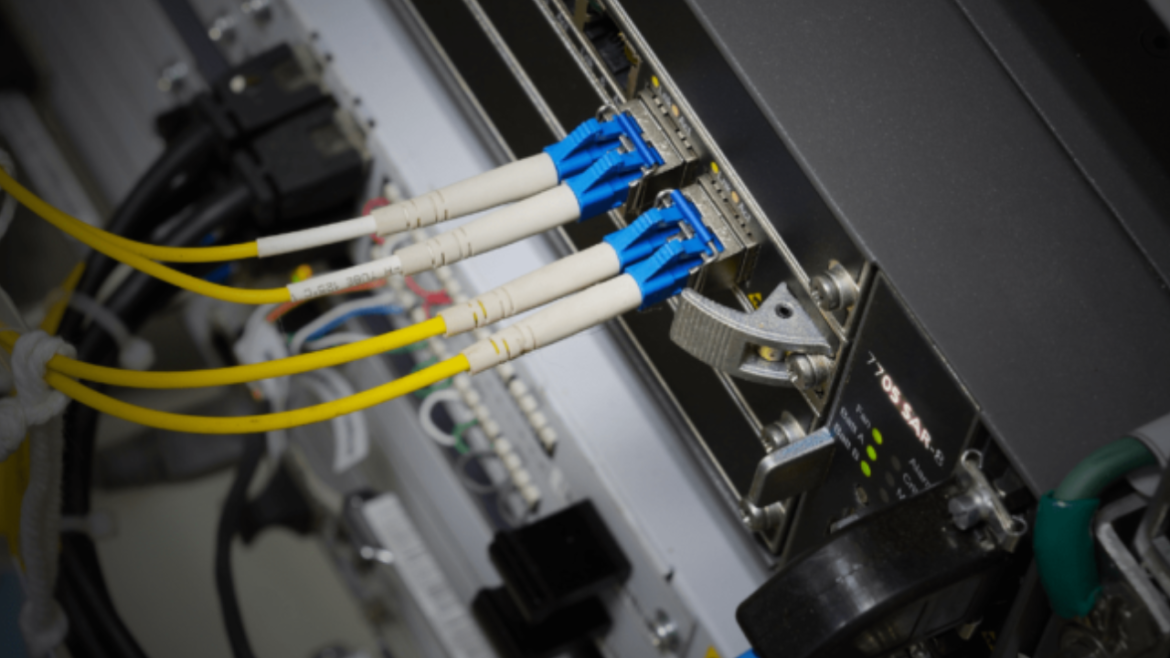Fiber optics has become necessary in the information era, where data is the new currency and communication is essential. Fiber optic equipment has transformed the way we transmit data, providing remarkable speed, reliability, and efficiency. Fiber Optic Products Supplier who provide the essential parts that enable global communication are at the center of this revolution.
Fiber optic product suppliers have a genuinely global impact. Their goods provide the internet’s backbone, linking continents, countries, and cities. Without their efforts, the smooth sharing of knowledge, online cooperation, online sales, and international interaction would be greatly hampered. Furthermore, suppliers of fiber optic goods play an important role in the development of products specialized for particular sectors.
What is a Fiber Optic Products Supplier?
A fiber optic goods distributor is a company that creates, sells, and distributes an assortment of fiber optic network components and equipment. A fiber optic goods supplier is a business that specializes in the manufacture, distribution, and sale of various components and equipment used in fiber optic networks for communication. Fiber optic cables, connectors, transceivers, amplifiers, splitters, and additional parts are included.
Products Provided by Fiber Optic Suppliers
Fiber optic providers provide a wide range of goods that are essential for constructing and maintaining fiber optic networks. These are a few of the main services they provide, in addition to a thorough description of each of them:
Fiber Optic Cables
Fiber optic cables serve as the foundation of any fiber optic system. They are utilized to transfer data via light signal transmission. Fiber optic cables are classified into numerous categories, such as Single-mode Fiber (SMF): This type of fiber is designed for long-distance communication using a single light mode, resulting in reduced signal dispersion.
Multimode Fiber (MMF): Designed over less space, it enables various light modes, allowing for faster transmission of data rates over shorter distances. Armored Fiber: Reinforced with additional layers for greater physical protection. Aerial Fiber: A type of fiber optic cable that is put above ground and is commonly used for long-distance communication lines. Underground fiber: Underground fiber is used for urban and residential applications.
Connectors and Adapters
Fiber optic connectors and adapters allow fiber optic cables to be connected to various equipment such as switches, routers, and transceivers. SC, LC, ST, and MTP/MPO connectors are examples of typical varieties, each suited for particular uses and network setups. They enable effective and dependable data transmission by keeping fiber cores precisely aligned, minimizing signal loss, and permitting quick and easy hookups.
Transceivers and Modules
Transceivers are critical components that send and receive optical signals. They transform electrical network signals into optical signals for distribution via fiber optic connections. SFP, SFP+, QSFP, and XFP have many varieties, each with its own data transmission rate and form size. These parts are critical in data transmission and reception over fiber optic systems.
Splitters and Couplers
Splitters and couplers are vital parts of fiber optic systems that divide and combine optical signals. Splitters and couplers are devices that divide or combine optical signals, enabling a single input to be divided into several outputs or vice versa. They are employed in passive optical links (PONs) and a variety of other network designs.
Amplifiers
Optical amplifiers increase the power of optical signals, allowing them to travel further without substantial loss. Long-distance communication networks frequently use erbium-doped fiber amplifiers (EDFAs). Amplifiers are critical for preserving signal quality and integrity, particularly in long-distance transmission settings.
Fiber Optic Accessories
Cable management systems, protective sleeves, cleaning kits, and dust caps are examples of accessories that help to the correct operation and lifetime of fiber optic networks. Fiber optic connectors are essential parts that improve the usability, dependability, and performance of fiber optic networks.
Summary
Suppliers of fiber optic products are the forgotten heroes of our interconnected world. Their commitment to creativity, excellence, and dependability propels the advancement of communication and data transmission. As technology advances, these providers will continue to play an important role in crafting a future in which the opportunities for connectedness are unlimited.
